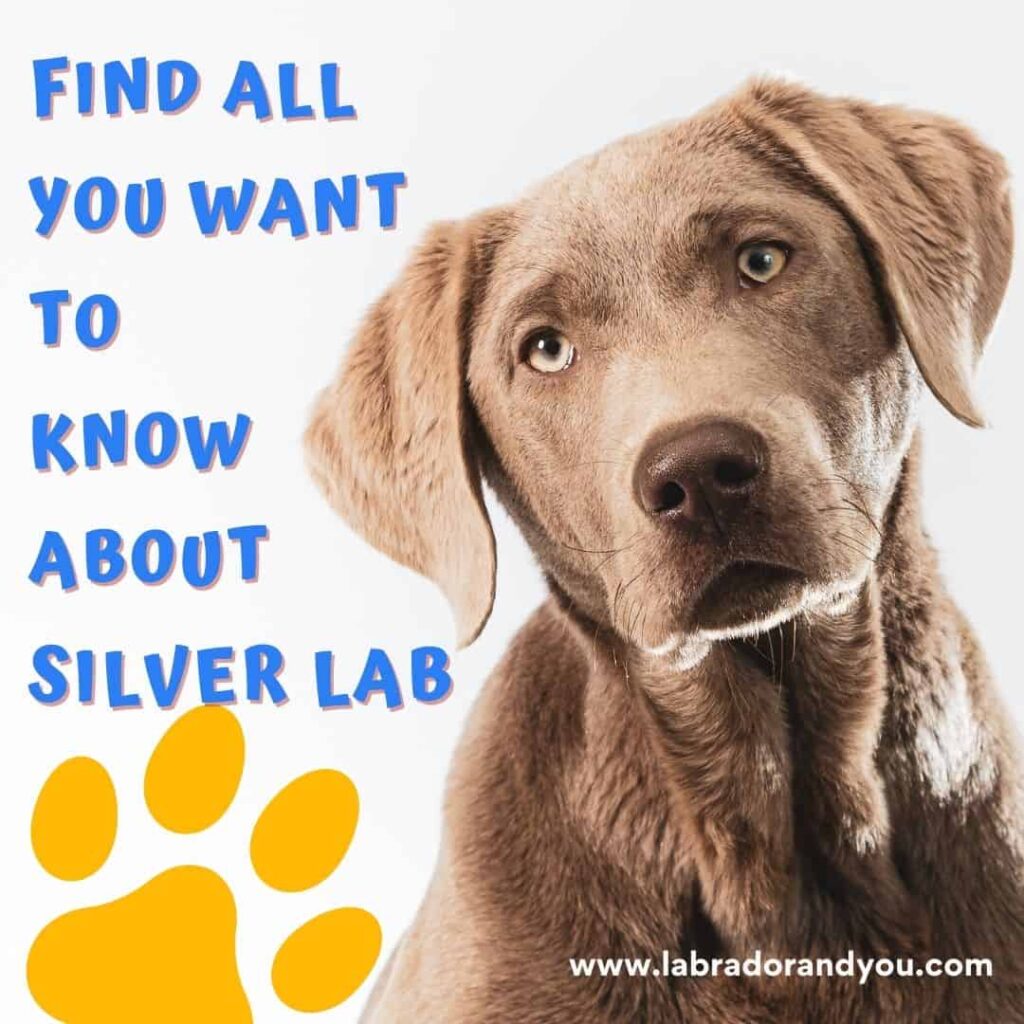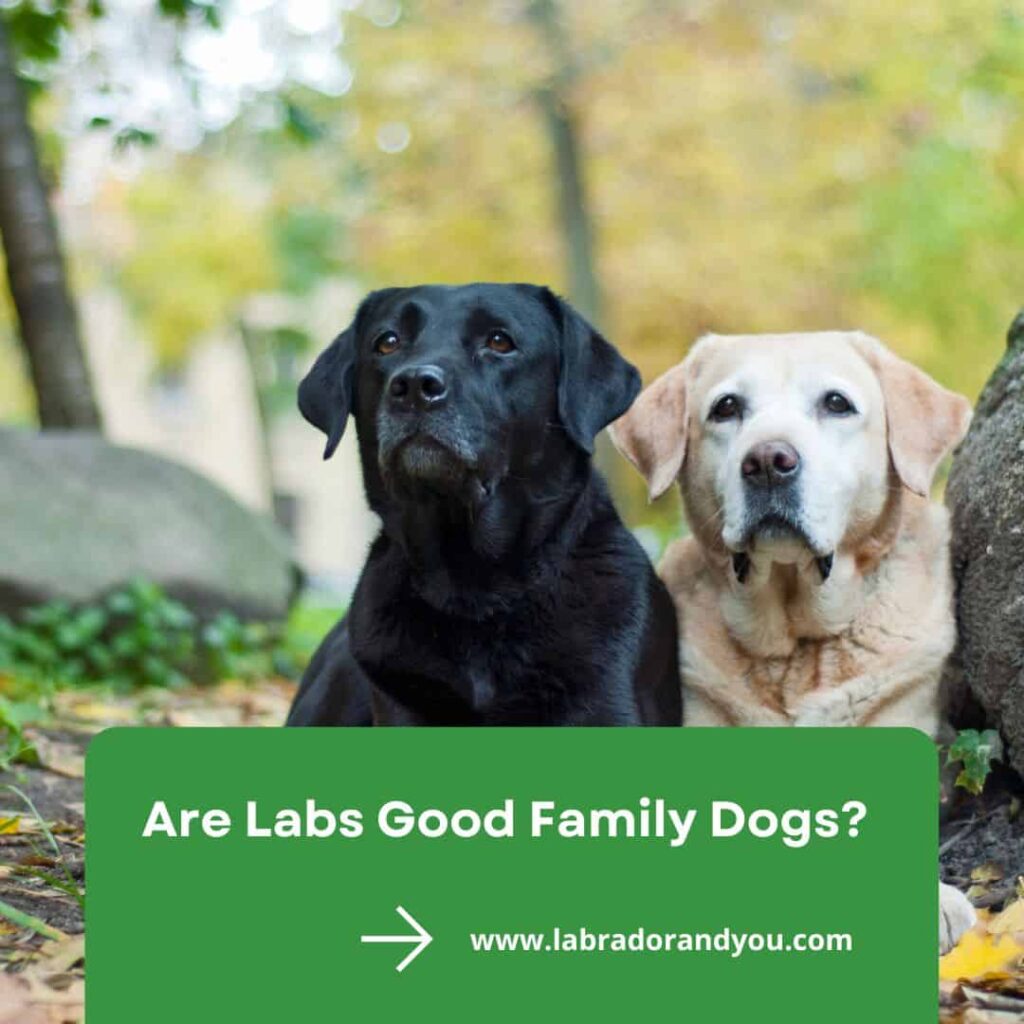Peanuts are not toxic for dogs. However, peanuts are full of fats, and dogs find it hard to digest fat-related products. It can lead to stomach upsets and vomiting. Peanuts in treats are fine, but consider treating them in moderation only. Stick around; it’s surely a nutty ride with the taste of peanuts!
Can Dogs Eat Peanuts?
Indeed, dogs can safely consume peanuts, a tasty snack. However, not all types of peanuts are equal regarding dog’s health and nutrition. Dry-roasted or raw peanuts without added salt, flavorings, or additives are the safest bet for your pet.
These plain peanuts have vitamin B6, vitamin E, niacin, and healthy fats for dogs. Yet moderation is key. Despite their nutrient content, high-fat levels in peanuts could lead to digestive upset or pancreatitis in dogs if offered in an excessive amount.
Therefore, incorporating moderate amounts of peanuts into their bland diet can add a flavorful twist and essential vitamins and minerals.
A small dog would be fine with 2-3 peanuts, while a medium-sized dog can be given 3-4 peanuts. A large dog can be given a handful of peanuts, while an extra-large dog can be offered a large handful of peanuts.
A small dog can be provided ¼ tablespoon of peanut butter twice daily, while a large dog should get one tablespoon of peanut butter twice daily.
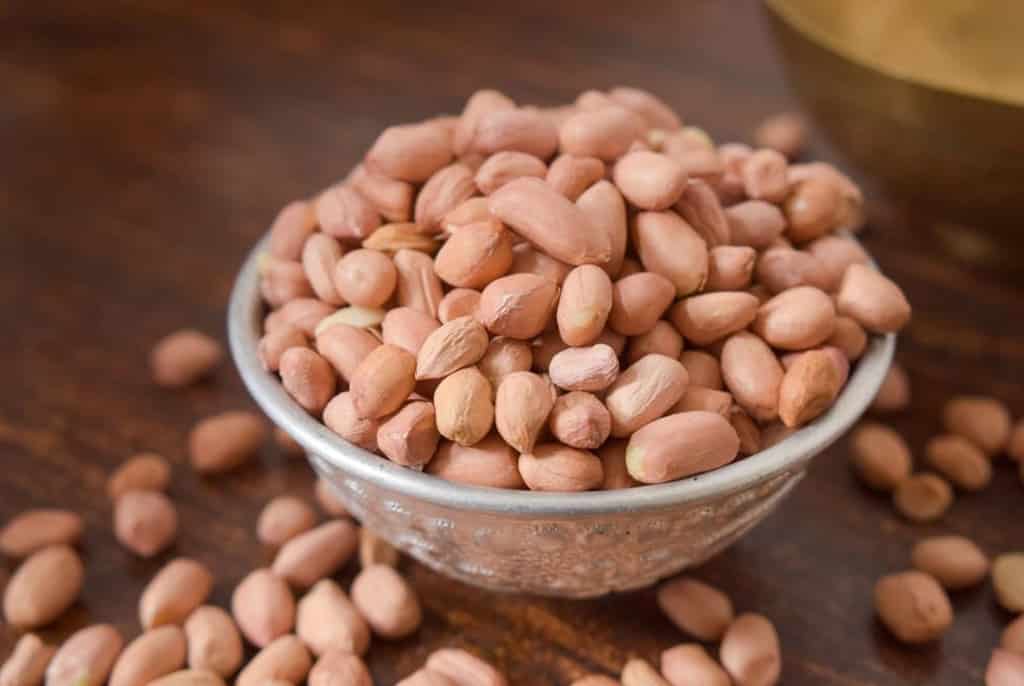
Safe Kinds Of Peanuts For Dogs
Unsalted, unroasted, and shell-free pet peanuts are the safest for dogs.
Unsalted
The unsalted peanut variety is the healthiest choice for your canine companion. This variety lacks the high sodium levels in salted peanuts. The salted ones could lead to sodium poisoning or dehydration in dogs if consumed significantly.
Moreover, feeding unsalted peanuts facilitates better control over a dog’s overall sodium intake, promoting a balanced diet and healthier body functions.
Pet peanuts pack essential nutrients like protein, vitamins B6 and E, and niacin. They also offer healthy fats that can enhance your dog’s general well-being.
However, moderation is key since even unsalted peanuts contain natural fat. It might cause stomach upset or rapid weight gain if served without restraint. Therefore, using them sparingly as occasional rewards or a healthy treat is advisable.
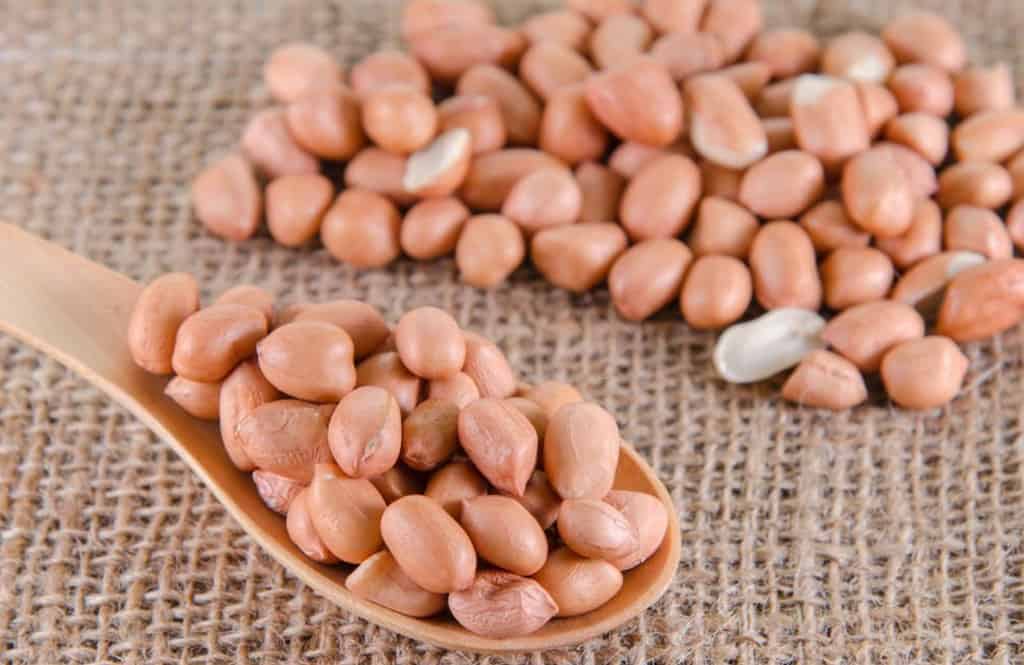
Unroasted
Raw peanuts or unroasted peanuts provide a safe option for dogs when properly prepared. Unlike honey-roasted peanuts or flavored peanuts, these hold no threat of harmful additives that could lead to health complications.
Preparing raw peanuts for your pet needs you to remove the shells of peanuts before offering them due to potential choking hazards. The risk of health complications is higher in small breeds.
Despite being high-fat foods, raw peanuts offer an array of beneficial nutrients like protein and an assortment of vitamins that promote a healthy coat and heart health.
Overfeeding can lead to digestive upset or even pancreatitis due to the high levels of fat found in peanuts. Always consult a veterinarian before introducing regular dog food into your furry friend’s diet.
Shell-free
The unshelled peanut variety is the safest option for dogs to consume. The peanut shells can be a choking hazard and are difficult for dogs to digest. The shells of peanuts can get stuck in the digestive tract or gastrointestinal tract.
By removing the peanut shells, you eliminate this risk and make it easier for your furry friend to enjoy their delicious treat without any harm.
These shell-free peanuts are delicious and packed with important nutrients and healthy fats for your dog’s overall health.
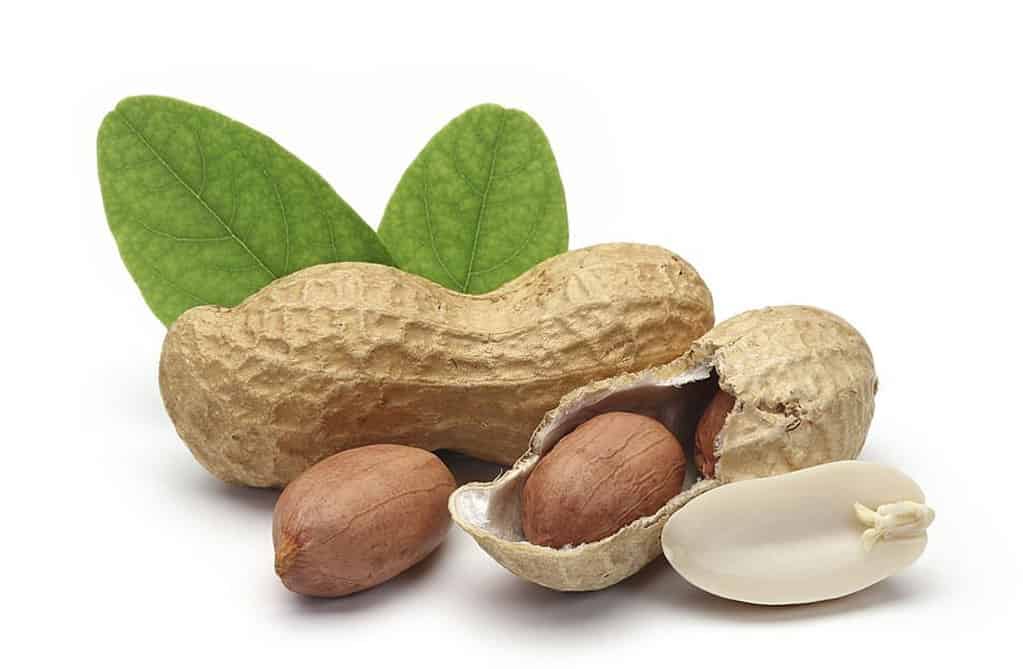
Health Benefits Of Peanuts For Dogs
Peanuts provide improved heart health, essential nutrients, enhanced muscular structure, and overall well-being for dogs.
Improved Heart Health
Peanuts can contribute to improved heart health in dogs. These nuts contain essential nutrients that are an energy source and support a healthy cardiovascular system in dogs.
The protein found in peanuts helps maintain lean muscle mass and supports overall heart function. Also, the valuable vitamins and minerals present in peanuts can help reduce the risk of heart-related conditions like thrombosis (blood clots).
Incorporating peanuts into your dog’s bland diet as yummy and healthy dog treats can benefit their heart health.
Nutrient Content
Peanuts are an excellent source of protein, containing all the necessary amino acids for your furry friend to thrive.
These crunchy legumes also contain healthy fats like omega-6 and oleic acids that help maintain a shiny coat and healthy skin for your pup. Peanuts also deliver folates, potassium, magnesium, and copper, which promote muscle function and bone health.
So introducing peanuts in moderation can be a nutritious addition to a healthy diet or a tasty treat.
Improved Muscular Structure
Pet peanuts can improve muscular structure in dogs like other plant-based proteins. This is because peanuts are a good source of protein for dogs, essential for building and repairing muscle tissue.
Also, peanuts contain healthy fats like omega-6 and oleic acids that support optimal muscle function. Along with the source of plant protein, these nutrients help dogs maintain lean muscle mass and stay strong. Dogs can benefit from this natural source of key nutrients that promote healthy muscles.
Enhanced Wellbeing
Peanuts can contribute to a dog’s enhanced well-being in several ways.
- Firstly, they contain essential fats such as omega-6 and oleic acids that promote healthy skin and coat.
- Secondly, peanuts are packed with nutrients like folates, potassium, magnesium, and copper, which support overall health and vitality.
- These nutrients help maintain optimal organ function and boost the immune system. Additionally, peanuts provide lean muscle-building protein for dogs’ growth and strength.
- Lastly, with their high fiber content and low-glycemic nature, peanuts offer dogs a satisfying snack without causing spikes in blood sugar levels or contributing to weight gain.
Are Peanuts Bad For Dogs
Pancreatitis
Pancreatitis is among the serious health conditions that can occur in dogs with inflammation in the pancreas. Consumption of high-fat foods, including peanuts, can trigger pancreatic inflammation and lead to pancreatitis, a painful condition.
Symptoms of pancreatitis are vomiting, stomach pain, loss of appetite, abdominal pain, and even life-threatening complications. Dog owners must be aware of the risks of feeding their pets fatty food like peanuts to prevent the development of pancreatitis.
Sodium Poisoning
Excessive sodium consumption can lead to sodium or salt poisoning in dogs. This is because the excess salt levels in certain dogs peanuts, particularly salted varieties, can increase their blood pressure.
Dogs have a much lower tolerance for sodium content compared to humans, and an excessive intake can disrupt their electrolyte balance.
Symptoms of sodium ion poisoning include increased thirst, dehydration, vomiting, diarrhea, tremors, seizures, and even death in severe cases.
Harmful Additives
Harmful additives are a concern when it comes to feeding peanuts to dogs. Some commercially available peanut products may contain artificial chemicals, sweeteners, or preservatives that can be harmful.
These additives can cause upset stomach, allergic reactions, and even more serious health issues like liver damage or cancer and seizures. Carefully read the labels of any peanut products before giving them to your dog. Opt for single-ingredient peanut butter without any added sugar content or artificial ingredients.
By avoiding these harmful additives, you can ensure that your dog enjoys the nutritional benefits of peanuts without any potential risks.
Allergic Reactions
Some dogs may have an allergy to peanuts, just like humans. While peanuts are an excellent snack for humans, it is a common allergen that can cause an anaphylactic reaction.
Symptoms of peanut allergy are itchy skin, redness, scratching, and even bald patches due to peanut allergies. When introducing peanuts into their bland diet, pay attention to any signs of an allergic reaction.
Peanut allergies can vary in severity, so consult a veterinarian if you suspect your dog has a nut allergy. Monitor their reaction to peanuts and adjust their diet accordingly.
Aflatoxin Poisoning
Aflatoxin poisoning is a significant concern when it comes to dogs consuming peanuts. Aflatoxins are toxins produced by certain fungi (Aspergillus flavus) that can contaminate peanuts and other crops. These toxins have been linked to liver cancer in dogs, making aflatoxin poisoning a serious health risk.
The peanuts you feed your dog must be fresh and free from any signs of mold or contamination. Checking for these toxins on a regular basis is important if you offer your dog homemade peanut butter. Aflatoxins can be present in raw nuts used for grinding.
Can Dogs Eat Peanut Butter?
Peanut butter is a special treat for dogs, but not all types of peanut butter are safe for consumption.
Plain, unsalted, and natural peanut butter can be given to dogs in moderation as an occasional treat. However, some brands of peanut butter often contain harmful additives like xylitol, a toxic substance to dogs.
Even small amounts of Xylitol can cause a sudden drop in blood sugar levels and may lead to acute liver failure or seizures. Therefore, checking the ingredient list before feeding your dog any type of peanut butter is crucial. Pick a butter without xylitol for an enhanced experience.
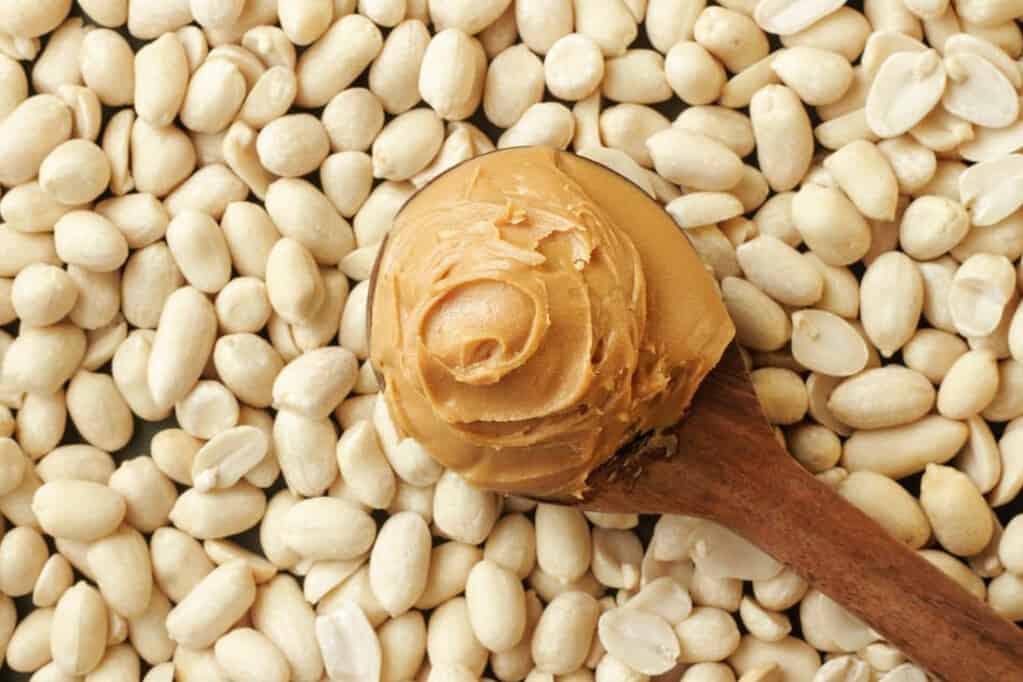
If you want to give your dog some peanut butter goodness without the risk of Xylitol poisoning, consider making homemade peanut butter. American Kennel Club says this way, you have control over the harmful ingredients used.
Simply blend dry-roasted peanuts into a smooth paste to eliminate the crunchy texture without adding salt or other seasonings. Your dog will love this tasty and healthy treat!
Whether it is creamy, smooth, or crunchy peanut butter, they can have it till it is devoid of harmful chemicals and rough texture.
What To Do If Your Dog Eats Excessive Peanuts
If your dog consumes excessive peanuts, take immediate action to ensure their well-being. Here are the steps you should follow:
- Monitor your dog’s behavior and symptoms closely.
- Contact your veterinarian or a pet poison helpline for guidance.
- Consider inducing vomiting under the guidance of a professional if the ingestion occurred within the last two hours and if no contraindications exist (such as pre-existing medical conditions).
- Do not attempt to induce vomiting if your dog is unconscious, having seizures, or experiencing difficulty breathing.
- Provide fresh water for your dog, but do not force them to drink.
- Observe your dog’s behavior for signs of distress or discomfort, like vomiting, diarrhea, or changes in appetite.
- Seek veterinary attention immediately if you notice severe symptoms.
Other Nut Alternatives To Peanuts
Almonds and cashews are other nut alternatives to peanuts that dogs can safely consume.
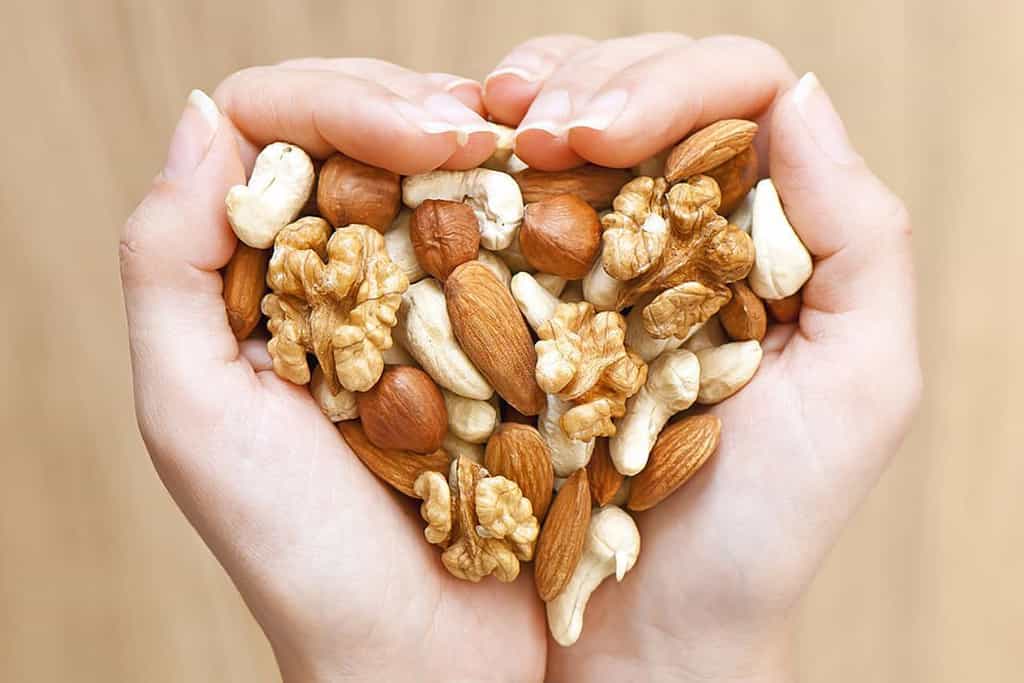
Almonds
Almonds can be a healthy and nutritious snack for dogs. They contain protein for dogs, essential fats like omega-6 and oleic acids, and important vitamins like folates, potassium, magnesium, and copper.
However, almonds should be given to dogs in moderation due to their high-fat content. Feeding an excessive amount of almonds can lead to digestive upset and contribute to dog obesity.
If you give your dog almonds, ensure they are finely chopped or ground into smaller pieces to avoid choking hazards.
Cashews
Cashews are another type of nut that many dog owners may wonder about. While dogs can technically eat cashews, it’s important to exercise caution. The high concentration of fat in cashew can cause digestive upset if consumed in large quantities.
Some dogs may have allergies or sensitivities to cashews, so it’s best to introduce them slowly and monitor their reaction.
Pumpkin Seeds
Pumpkin seeds are a safe and healthy alternative to peanuts for dogs. They can be included in their diet, offering nutritional benefits without the risk of allergic reactions.
Dogs can enjoy pumpkin seeds as a natural and tasty treat. It provides them with protein, fiber, potassium, magnesium, and copper. Pumpkin seeds are low in glycemic index and contain healthy fats like omega-6 fatty acids. It promotes heart health and maintains lean muscle mass.
Foods Toxic To Dogs
Onions, Garlic, And Chives
Onions, garlic, and chives may add flavor to our meals, but they can be extremely dangerous for dogs. These foods contain compounds that can damage a dog’s red blood cells, leading to weakness, vomiting, diarrhea, and pale gums.
Even small amounts of onions, garlic, or chives can harm dogs’ health. Keep these dangerous ingredients away from your furry friends. Carefully check ingredient labels in pet food or treats to ensure they don’t contain any traces of these toxic foods.
Cooking or boiling these additional ingredients won’t remove the harmful compounds either. It’s best to avoid them entirely when feeding our canine companions.
Chocolate
Chocolate is highly toxic to dogs and should never be given to them. It contains theobromine and caffeine, which can cause vomiting, diarrhea, rapid breathing, increased heart rate, seizures, and even death.
Dark chocolate and unsweetened baking chocolate have higher levels of these harmful compounds than milk chocolate. Even small amounts of chocolate can be dangerous for dogs. Keep any chocolates or cocoa products out of their reach.
Macadamia Nuts
Macadamia nuts are extremely harmful to dogs and should never be given to them. These nuts contain a toxin that can lead to serious health issues like muscle weakness, tremors, vomiting, increased heart rate, and even paralysis.
Even a small amount of macadamia nuts can be toxic for dogs. Keep these nuts away from your furry friends and seek veterinary care immediately if you suspect they have ingested macadamia nuts.
Corn On The Cob
Corn on the cob may be a summertime favorite human food, but this tasty treat is toxic to dogs. Dogs should never consume any part of the corn cob, including the kernels.
Ingesting corn on the cob can lead to intestinal blockage. Symptoms of corn on the cob ingestion in dogs include vomiting, diarrhea, abdominal pain, and lack of appetite.
Artificial Sweeteners
Artificial sweeteners like xylitol can be highly toxic to dogs and should never be included in their diet. Xylitol is commonly found in peanut butter. It can cause severe health issues, including low blood sugar levels, liver failure, seizures, and even death.
carefully read the extra ingredients of any peanut butter to ensure it does not contain xylitol or other harmful artificial sweeteners. Even small amounts of these substances can devastate your furry friend’s health. Look for peanut butter brands that prefer a natural sweetener.
Alcohol
Alcohol is a serious no-no for dogs and should never be given to them. Alcohol is toxic, and this includes any food or treats made with alcohol as well.
Dogs have a much lower tolerance for alcohol than humans do. Alcohol consumption in dogs can lead to vomiting, diarrhea, depression, coordination issues, difficulty breathing, coma, and even death.
Grapes & Raisins
Grapes and raisins may seem harmless, but they are highly toxic to dogs. Even a small amount can lead to kidney failure. The exact substance in grapes and raisins that causes this toxicity is still unknown.
If your dog ingests grapes or raisins, vomiting, diarrhea, lethargy, decreased appetite, and increased thirst and urination may occur. Immediate veterinary care is essential in these cases. Treatment may involve inducing vomiting and administering activated charcoal.
Coffee
Coffee is not toxic for dogs, but keeping it away from them is important. While coffee can offer several benefits for humans, it can adversely affect dogs. It is a stimulant to their nervous system and can cause elevated heart rate, restlessness, tremors, and even seizures.
Dogs are much more sensitive to caffeine than we are due to how their bodies metabolize it. So, when sipping on your coffee, keep it out of reach from your curious canine companion.
Conclusion
While dogs can eat peanuts, be cautious about the type of peanut and peanut butter they consume. Stick to unsalted, dry-roasted varieties without any harmful additives or flavored nuts.
Moderation is key. And if your furry friend shows any signs of allergies or gastrointestinal issues after eating peanuts, contact a vet clinic. Remember, their health and well-being should always be our top priority.
FAQs
Are peanuts safe for dogs?
While peanuts are generally safe for dogs to eat, some dogs may have allergies or sensitivities. It’s best to introduce peanuts in small quantities and monitor your dog for any adverse reactions.
Are there any health benefits of feeding my dog peanuts?
Peanuts can provide some nutritional benefits to dogs as they are a good source of protein, healthy fats, and vitamins. However, moderation is key. Too many peanuts can lead to weight gain and potential digestive issues in some dogs.
Can peanut butter be given to dogs instead of whole peanuts?
Yes, peanut butter can be given to dogs as an alternative to whole peanuts. However, check the ingredients list. Avoid peanut butter that contains added sugars or artificial sweeteners like xylitol which are toxic to dogs.
What precautions should I take when giving my dog peanuts?
When giving your dog peanuts or peanut butter, ensure it contains no seasoning or flavorings. Salt or additives like chocolate are harmful to them. Always supervise your dog while eating peanuts, and seek medical attention if you have any concerns.
Can dogs eat peanuts in the shell?
No, dogs should not eat peanuts in the shell. The shells can be a choking hazard, and they can also cause an intestinal blockage.
Can dogs eat honey roasted peanuts?
No, dogs should not eat honey-roasted peanuts. Honey can be high in sugar, which is not good for dogs. It can also cause weight gain and other health problems.
Can dogs eat roasted peanuts?
Yes, dogs can eat roasted peanuts. However, they should be plain roasted peanuts without added salt or seasonings. Salted peanuts can be high in sodium, which is bad for dogs.
Can dogs eat dry roasted peanuts?
Yes, dogs can eat dry roasted peanuts. They are a good source of protein and healthy fats and are low in sugar.
Can dogs eat salted peanuts?
No, dogs should not eat salted peanuts. Salted peanuts are high in sodium, which can be harmful to dogs.
Can dogs eat raw peanuts?
Yes, dogs can eat raw peanuts. However, they should be shelled and roasted before giving them to your dog. Raw peanuts can contain a fungus called aflatoxin, which can be toxic to dogs.
Can dogs eat whole peanuts?
Yes, dogs can eat whole peanuts. However, it is important to ensure they are shelled and roasted first. Whole peanuts can be a choking hazard, and they can also cause an intestinal blockage.
Author Profile
- Site Owner And Dog Lover
-
Aritra, the founder of Labradorandyou.com, is a lifelong dog lover whose passion ignited for Labradors for their loyalty and intelligence. With extensive research and personal experiences, Aritra has become a Labrador expert, offering a rich resource on the breed. Labradorandyou.com provides reliable, timely, and evidence-based information, including Labrador-specific product reviews, training techniques, and care tips.
Labradorandyou.com was born out of Aritra's passion and his desire to share his profound knowledge about the breed. The site serves as a comprehensive resource, offering a wealth of up-to-date information for Labrador owners and enthusiasts alike
Also by the author
-
 Lab-TypesNovember 17, 2023Old Dog Seizures: Causes, Symptoms, and Treatment Options
Lab-TypesNovember 17, 2023Old Dog Seizures: Causes, Symptoms, and Treatment Options
-
 Lab-TypesNovember 17, 2023Why Is My Dogs Poop Yellow? 8 Reasons & Solutions
Lab-TypesNovember 17, 2023Why Is My Dogs Poop Yellow? 8 Reasons & Solutions
-
 ReviewsNovember 17, 2023The Only Hill’s Science Diet Review You Need To Read
ReviewsNovember 17, 2023The Only Hill’s Science Diet Review You Need To Read
-
 Lab-TypesNovember 17, 2023How To Adopt An Emotional Support Dog?
Lab-TypesNovember 17, 2023How To Adopt An Emotional Support Dog?




